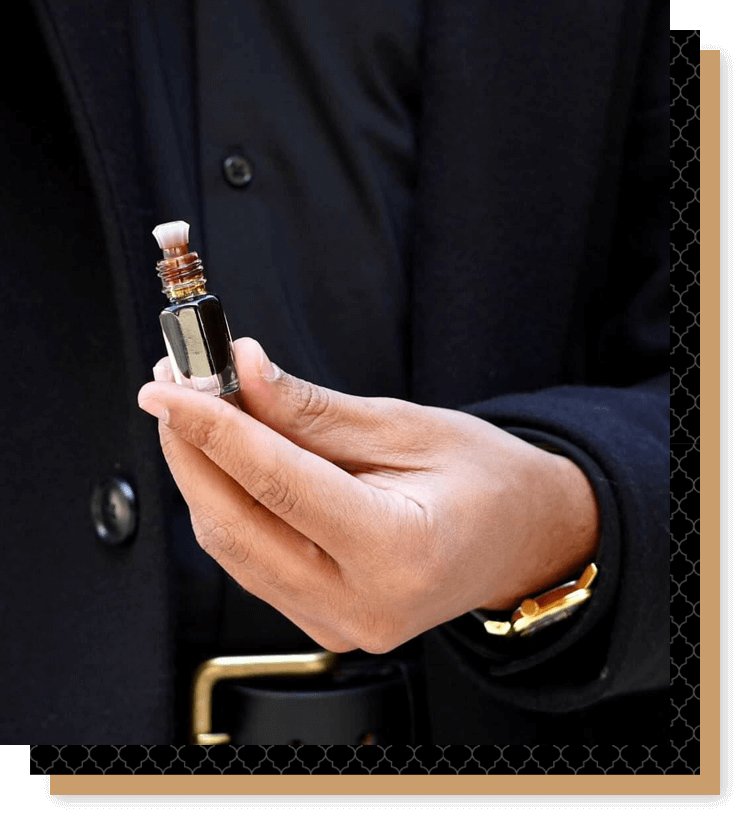The Superior Nature of Aged Oudh Oil

There are always questions regarding the age of oudh oil and I felt it is necessary to shed some light on the topic. Oudh oil when distilled has a number of stages that it has to travel before it reaches a state of maturity that is desirable. The key aim being to reach the aged status, aged oudh oil is a thing on its own.
Stage One
When oudh is freshly distilled the oil initially is in a distillate; water plus molecules, mainly oils, that have made their way out of the wood and travelled with the steam to the collector via the condenser. As the distillate sits in the collector the oils slowly rise to the top and separate from the water. This oil is then collected, and this is freshly distilled oudh oil that still has a too much moisture and other notes from the pot that are not desirable in the oudh. As such a curing process follows to get rids of both the moisture and the breathe of the pot.
Stage Two
Once the oudh is collected, now it is the time to air the oudh. Generally distillers will leave the oil in a bottle with an open lid in fresh flowing are to remove the pot smell and at the same time remove the moisture. This is crucial, if this staged is missed the oil will most likely spoil as the moisture in the oil will lead to spoiling the oil.
Similarly if the breathe of the pot is not removed, what happens over time this combines with the oudh molecules and gives an unusual rusty/alkaline note. Sometimes this note can develop to smell like urine. This highlights the importance of these steps.
The challenge is, sometimes in the first few months this wont be noted, but a year or so down the line when the spoiling begins that is when it can be noted, and that is why we often hear people mention how the oil they initially got was lovely and a year or later it smells horrible.
Stage Three
This stage requires that the oil is lamped, placed up a lamp in a dark room to tighten the oil and ensure it is totally dry. The idea here is to dry the oil slightly below the ambient moisture levels of your environment. The rays from the light help separate the water from the oil, and evaporate out, without rising the temperature of the oil to boiling point. The idea is to tighten the oil without heating it, as heat can spoil the oil.
Aging Oudh
The finally stage is to age the oudh oil. The more age the more complexity and nuanced the oil becomes. It is a big like a experienced orchestra vs a newbie, the difference is like night and day for a number of reasons. Firstly, an aged oil is stable, it wont spoil if continued to be cared for. The same can not be said for a freshly distilled oil. Secondly, the sharp notes become smoother and reach their full aromatic potential. Thirdly, as the oil ages the molecules become longer and therefore, the longevity increases as does its horizontal and vertical complexity.
Conclusion
The reason most vendors praise freshly distilled oils is due to the vibrant top heavy phase, however in my experience that is a double edge sword as explained above, it can be short lived and spoil. Aged oils are a rare thing, not many people have a collection of old aged oils to be able to enjoy and share their benefits with others. That is one of the reasons why it is in demand but not discussed much. It is much easier to focus on what is available to you.
Due to popular demand I have relented and will be opening the vault and pulling out a couple of aged oils. one that is on its 51st year of aging and the other onto its 37th year of aging. Details will follow on our social media platforms.